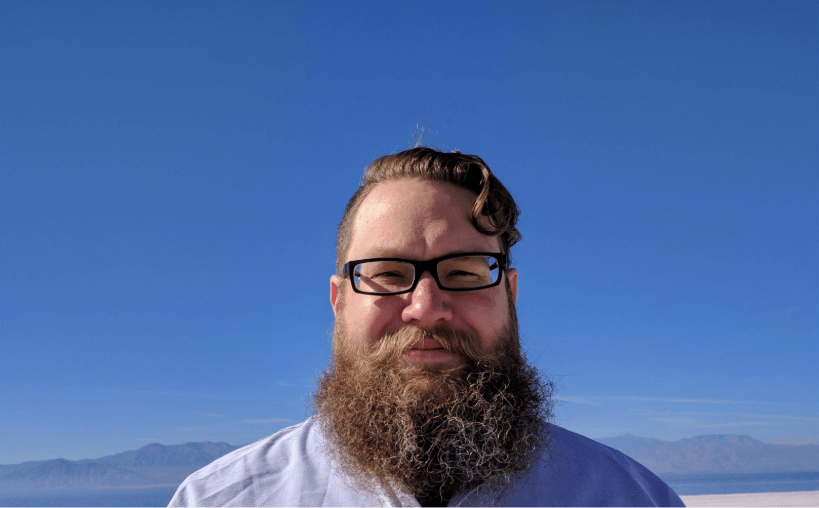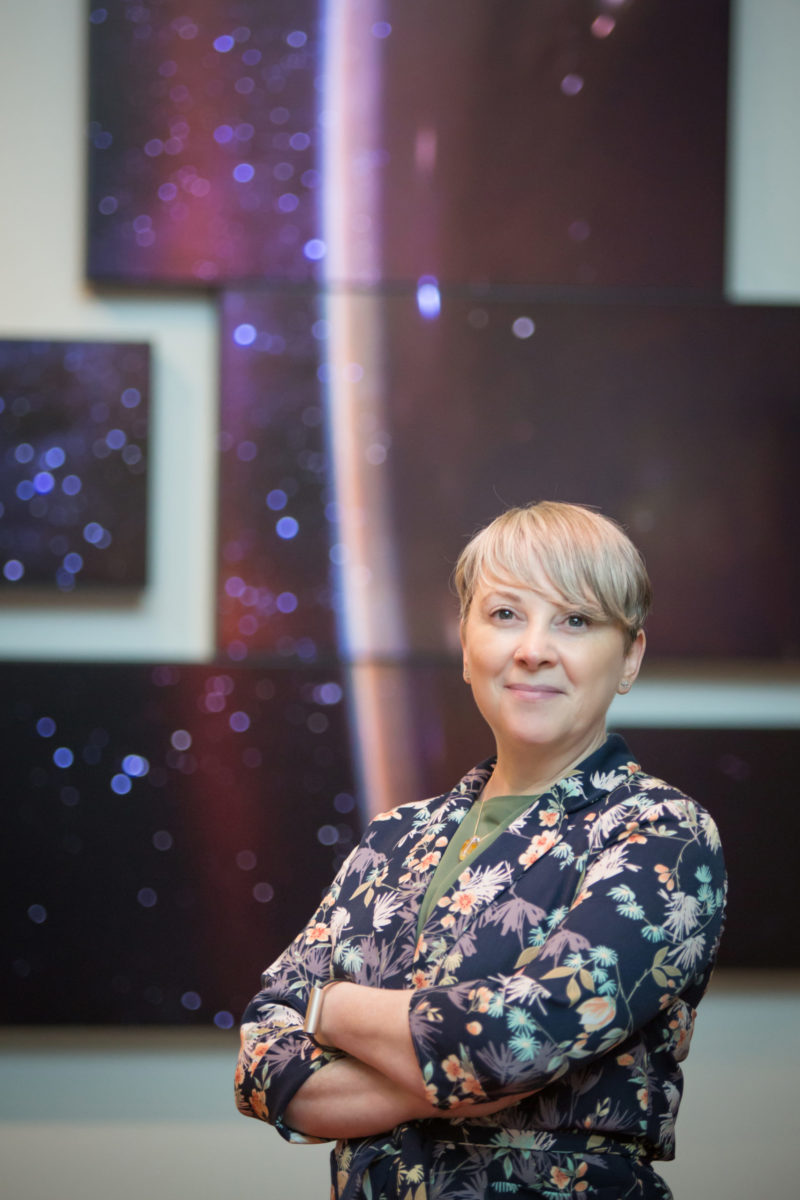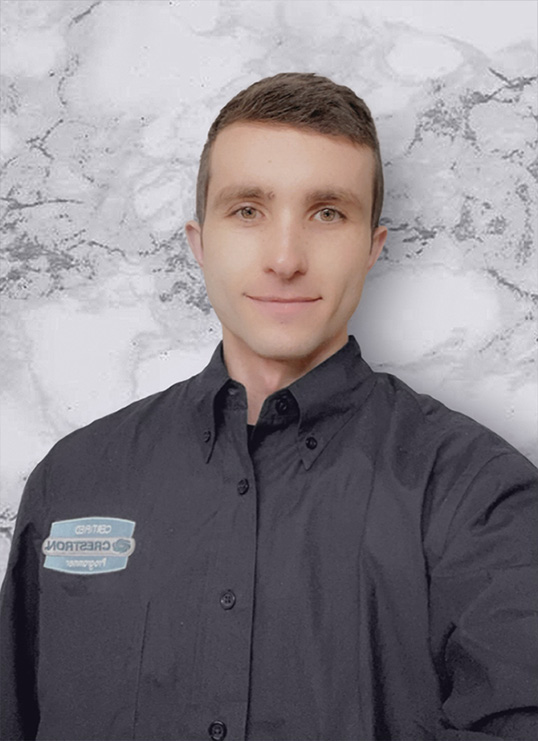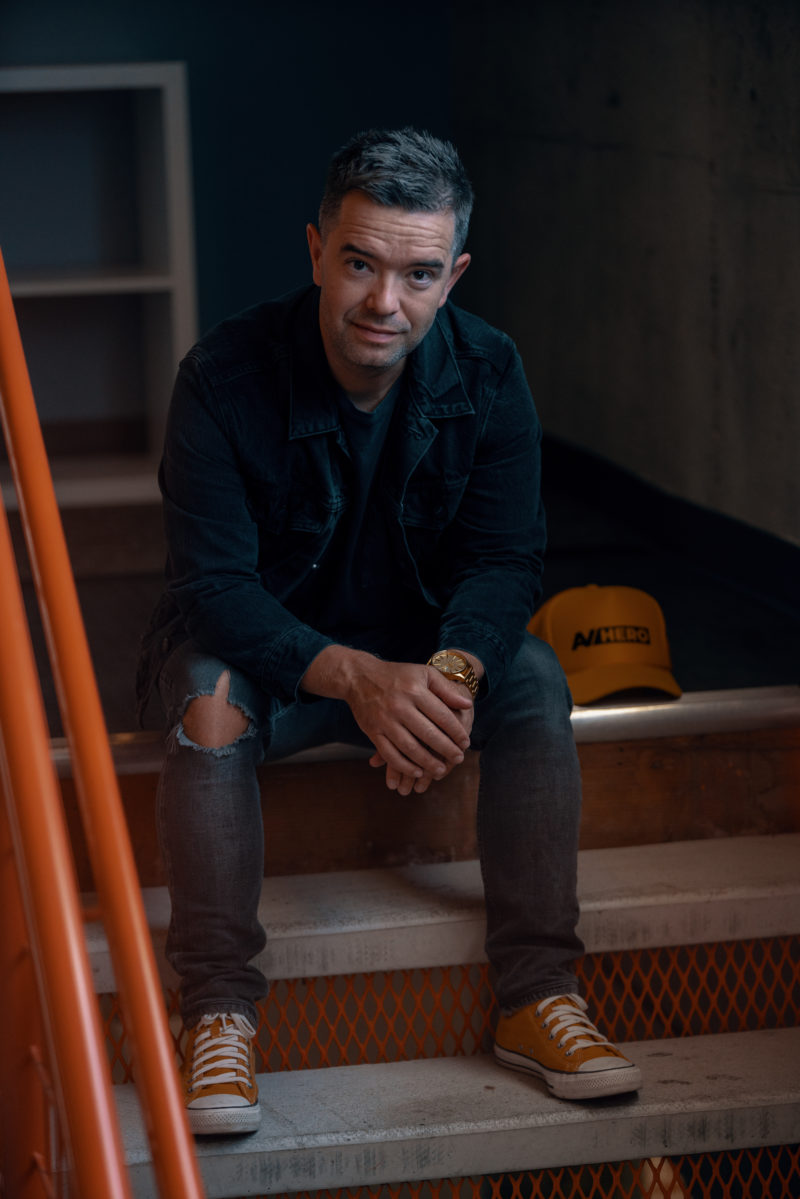Spotlight : Colin Birney, CTS-D, Principal Consultant at Birney Consulting
In my biweekly blog series, I am highlighting some of the incredible people who work for the Audio Video Industry. In this post, we are profiling Colin Birney. Here is his brief introduction.

Colin Birney is the Principal Consultant at Birney Consulting, an AV and IT service solutions provider located in Richmond, Virginia, USA.
1. Describe your journey in the AV industry? How did it start?
It started with a love of playing music. I was classically trained on guitar and in my teens got into rock music, wanted to be in a band, get a lip ring – typical teenage interests. When I got to college, I found I enjoyed playing but was far more interested in the tech behind the music, plus I noticed who ALWAYS got paid at the end of the night. That, paired with meeting a wonderful friend and mentor in Phil Graham, took me on a parallel path to my industrial and systems engineering studies. When I graduated, the thought of spending time sitting in an office had little appeal. I had no idea this industry existed, but after a few calls to live sound friends, I was suddenly an installer. I quickly moved to an integration company and eventually became a “customer.” Those earliest years were excellent grounding for the responsibilities I would take on later in my career.
2. What do you think are the challenges that are facing a new person who wants to join the industry?
Many people in pro AV don’t like change, don’t like new ideas, and have said without a hint of irony “We’ve always done it this way, why would we change?” New people bring new ideas that are not always welcome. Even if someone can get in, there can be substantial gatekeeping to growth. Some is by individuals jealously guarding their role, but a lot is propagated by manufacturers who put high prices on their training, keep software hidden and inaccessible, or put arbitrary standards on who should have access even to basic materials like product manuals. Thankfully there are more and more manufacturers and organizations that recognize the value in opening training to anybody who wants it.
3. What are the positives of working in this industry?
I know this is a source of frustration for some, but for me travel has always been a big draw to staying in the industry. I’m fortunate to have a partner that is also open to a nomadic lifestyle, which has allowed us to use work to see the world. Because of our willingness to be flexible, I’ve built a reputation for being someone that will parachute in and be on the ground for critical projects.
Beyond that, I appreciate the positive, helping attitude of most people in the industry. We just want to make our customers happy, sometimes with negative consequences to ourselves, but always done with the best of intentions. That care is lacking in other industries I’ve touched over the years and unique to find in any industry.
[RELATED] : If you have missed any of my previous interviews, please click here.
4. What in your opinion would you change in the industry? What are the negatives that are prevalent?
The biggest thing I would change is breaking the gatekeeping I talked about earlier. Our industry’s demographics, while not dissimilar from a lot of tech-related industries, aren’t welcoming to many diverse individuals that I would love to see join the industry. We all need to put serious effort into getting young and new people into the industry instead of lazily picking from the constantly shrinking pool of existing talent.
Second to that is transparency. Our customers are some of the most uneducated of any industry. They struggle to understand what we do, how we do it, and how they can take part in the process. We try to sell them propriety hardware with proprietary software that often does not meet their needs. We’re also starting to run into serious issues as we require network or internet connectivity but won’t let security professionals do their due diligence. I’d like to see us embrace what other industries have – open source software, open APIs, and transparency of hardware sourcing. We are at our core a hardware industry and the principles of selling hardware are not the same as for developing software.

5. Describe your ideal client? What do you wish clients to know before hiring you?
I should probably explain what I do before I answer this question. I’m an independent consultant specializing in AV service and support design. I’m not concerned with a single room or project; I’m concerned with the standards governing all of AV. Much of my training is in IT Service Management (ITSM) design and I bring those standards to AV services while still recognizing that it has its own unique requirements.
My ideal client wants to be educated about the industry and take ownership of their own environment. I have frequent conversations with new AV managers who are also new to the industry panicking because they have no idea how a DSP works, how to spec a TV, or what cables to use. I always tell them to start learning at the level that matters – ask for features over specific hardware, require basic standards and processes for your support teams, and look at AV as something you’re going to have to manage for years to come instead of just buying it and walking away.
I want my clients to know that I was once in their position. I went specifically into a type of consulting that works directly with customers because I understand the frustration of trying to get this weird set of hardware, software, and cabling to bend to your will. When I’m successful at my job, your job becomes much easier and gives you room to be innovative.
6. If you were going to start over, what would you do differently?
I would have taken better advantage of education and certification opportunities available through employers. I missed some key opportunities because I was focused on my short-term goals, not where I would be today. I also would have started networking heavily in my industry much sooner. I’m constantly meeting people that I wish I had known years ago. I also missed the chance to spend time with my peers when I was a customer and better understand the myriad of issues we deal with that integrators, manufacturers, and consultants have no clue about.
7. Describe a typical work day for you. What are your daily disciplines?
Typically, I’m in a lot of meetings. Beyond that, I write A LOT. Writing processes, writing about data analysis, and writing articles. I try to take time each day to do something creative and to take care of myself physically by going for a walk, going to the gym, or taking time on another hobby.
8. Describe the apps and gear that you use daily which makes you more productive?
I’ve got a lot of Microsoft products – full Office suite, plus Project, Visio, and a few others. I also connect with my customers on every imaginable UC platform. Beyond that, one of my most valuable tools is my Survey Monkey account. Talking to customers and baselining experiences is key to changing the way my customers think, so we do a lot of surveys together. I have a laptop and an Android phone, but not much beyond that.
9. How do you stay relevant in this industry?
I do my best to keep up with the AV industry, but change happens very slowly. My biggest sources of inspiration and education come from other industries – security, software/app development, graphic design, project management methods, interior design, architecture, and fashion. AV is unique because it enables intensely creative people to present their work. I want to understand their minds and how I can better serve them. I also spend time looking for new, interesting pieces of technology that may someday become major disruptors in the industry.

To know more about him or his business, please connect with him on Linkedin.
Also please drop your questions in the comments below and I will make sure that he sees them.
*****
Did you like this post? Connect with me on LinkedIn or just sign up for my free email newsletter.





